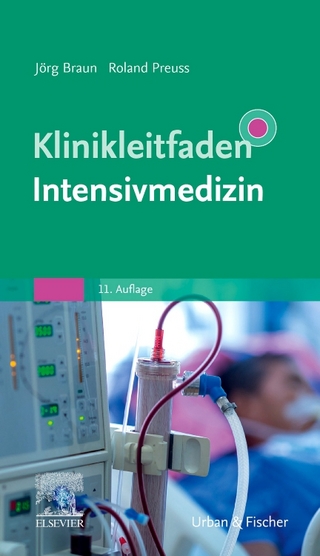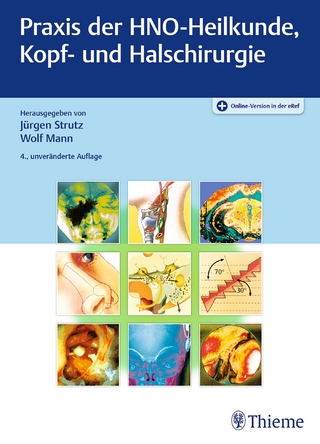
When Altruism isn't Enough
The Case for Compensating Kidney Donors
Seiten
2009
AEI Press (Verlag)
978-0-8447-4266-3 (ISBN)
AEI Press (Verlag)
978-0-8447-4266-3 (ISBN)
- Keine Verlagsinformationen verfügbar
- Artikel merken
When Altruism Isn't Enough explores the key ethical, theoretical, and practical concerns of a government-regulated donor compensation program.
America faces a desperate organ shortage. Today, more than 78,000 people are waiting for a kidney transplant; only one in four will receive one this year, while twelve die each day waiting for help. Not surprisingly, many patients are driven to desperate measures to circumvent the eight-year waiting listrenting billboards, advertising in newsletters, or even purchasing an organ on the global black market. Altruism is an admirable but clearly insufficient motivation for would-be donors. What can be done to solve the kidney crisis? Reward organ donors for their remarkable gifts. Noncash benefits to people who donate to a desperate stranger will motivate others to do the same, increase the national supply of kidneys, and reduce needless death and suffering. When Altruism Isn't Enough: The Case for Compensating Kidney Donors explores the key ethical, theoretical, and practical concerns of a government-regulated donor compensation program. It is the first book to describe how such a system could be designed to be ethically permissible, economically justifiable, and pragmatically achievable.
Altruism is a beautiful virtue, but relying on it as the sole impetus for organ donation ensures that thousands of people will continue to die each year while waiting for kidney transplants
America faces a desperate organ shortage. Today, more than 78,000 people are waiting for a kidney transplant; only one in four will receive one this year, while twelve die each day waiting for help. Not surprisingly, many patients are driven to desperate measures to circumvent the eight-year waiting listrenting billboards, advertising in newsletters, or even purchasing an organ on the global black market. Altruism is an admirable but clearly insufficient motivation for would-be donors. What can be done to solve the kidney crisis? Reward organ donors for their remarkable gifts. Noncash benefits to people who donate to a desperate stranger will motivate others to do the same, increase the national supply of kidneys, and reduce needless death and suffering. When Altruism Isn't Enough: The Case for Compensating Kidney Donors explores the key ethical, theoretical, and practical concerns of a government-regulated donor compensation program. It is the first book to describe how such a system could be designed to be ethically permissible, economically justifiable, and pragmatically achievable.
Altruism is a beautiful virtue, but relying on it as the sole impetus for organ donation ensures that thousands of people will continue to die each year while waiting for kidney transplants
Sally Satel, M.D. is a resident scholar at the American Enterprise Institute.
| Verlagsort | Washington DC |
|---|---|
| Sprache | englisch |
| Maße | 154 x 231 mm |
| Gewicht | 372 g |
| Themenwelt | Sachbuch/Ratgeber ► Gesundheit / Leben / Psychologie |
| Medizin / Pharmazie ► Allgemeines / Lexika | |
| Medizin / Pharmazie ► Medizinische Fachgebiete ► Chirurgie | |
| Sozialwissenschaften ► Politik / Verwaltung ► Politische Theorie | |
| ISBN-10 | 0-8447-4266-X / 084474266X |
| ISBN-13 | 978-0-8447-4266-3 / 9780844742663 |
| Zustand | Neuware |
| Haben Sie eine Frage zum Produkt? |
Mehr entdecken
aus dem Bereich
aus dem Bereich
Buch | Softcover (2021)
Urban & Fischer in Elsevier (Verlag)
54,00 €


